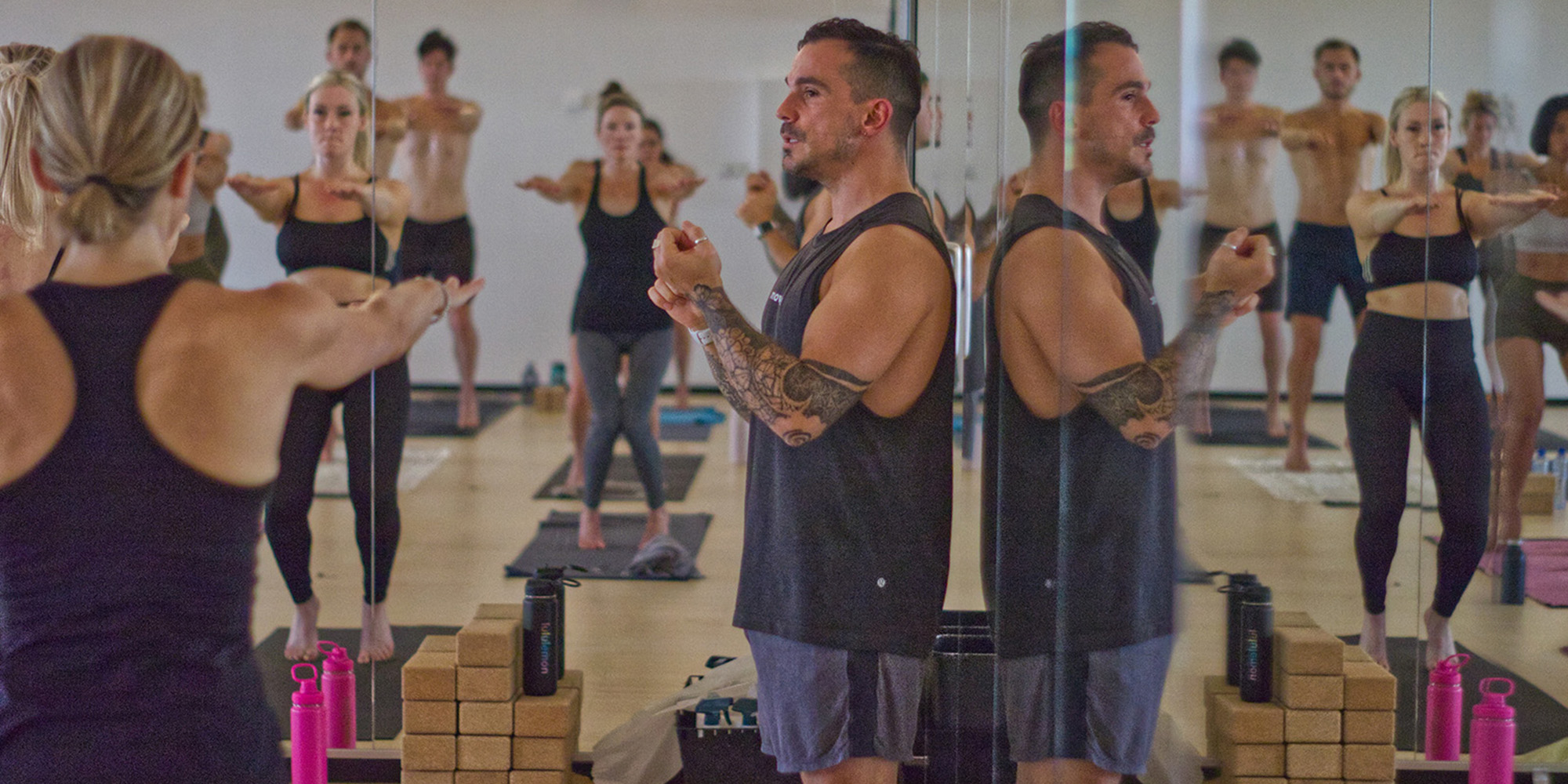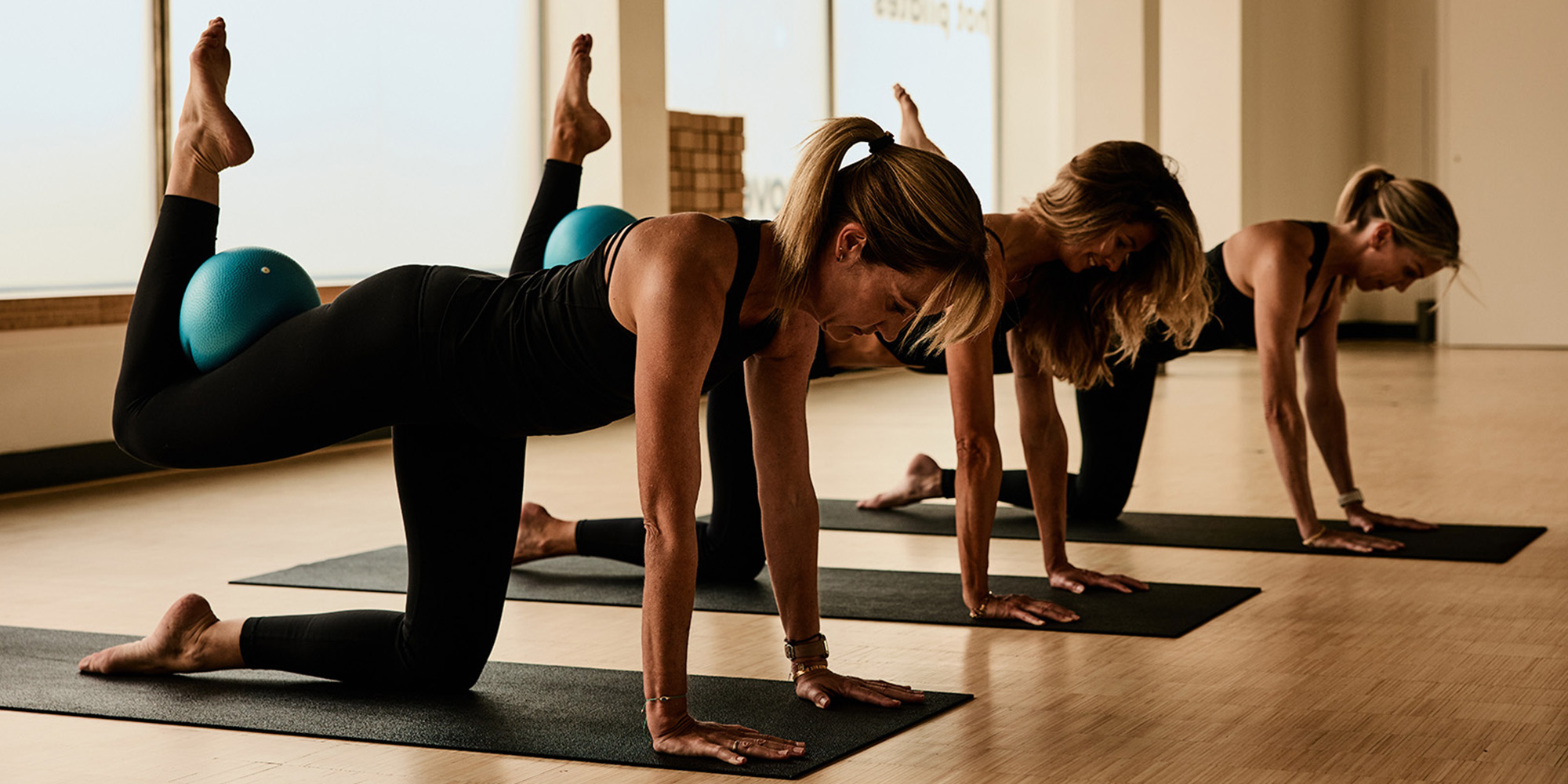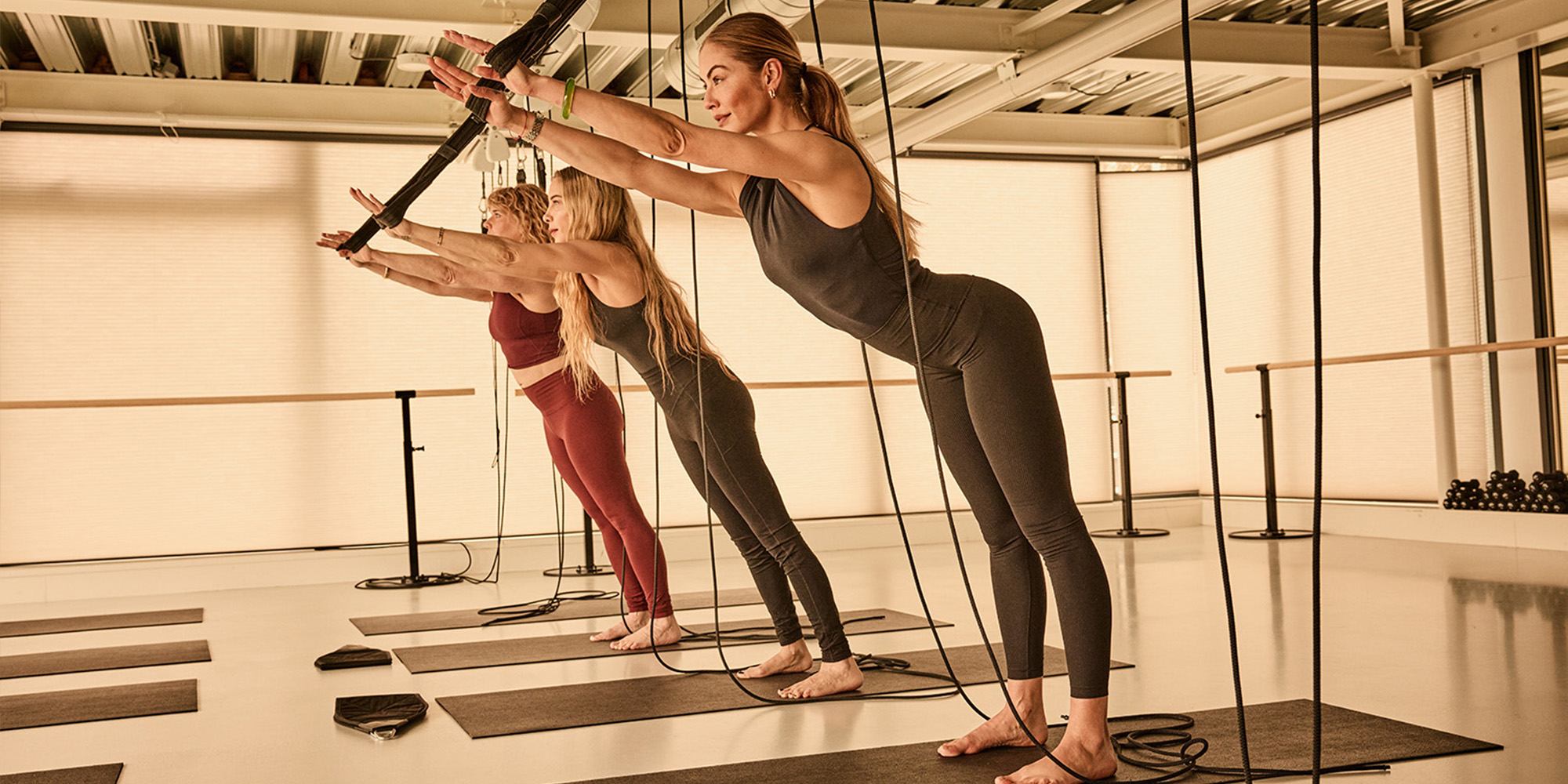What Is Yoga Teacher Training?
Yoga Teacher Training is more than just a course—it’s a journey that reshapes not only the way you move on the mat, but the way you see yourself and the world around you. At its core, a YTT program is designed to deepen your understanding of yoga’s philosophy, principles, and techniques so you can share them with others, or simply integrate them more fully into your own life. While the end goal for some is to stand at the front of a class as a certified teacher, many begin their training purely out of a desire to grow personally, to challenge themselves, and to immerse in the practice they love.
There are several formats to choose from, each shaping the journey in a different way. In-person trainings often offer the most immersive experience, surrounding you with a community of like-minded peers and giving you direct access to instructors who can guide your growth in real time. Online trainings bring flexibility, allowing you to learn from home, at your own pace, while still connecting with experienced teachers virtually. Then there’s the question of intensity: an intensive course condenses the entire training into a few dedicated weeks, ideal for those who can step away from work or daily responsibilities, while part-time formats spread the learning over several months, making them easier to integrate into everyday life.
No matter the format, Yoga Teacher Training is a commitment to your practice, your learning, and your personal transformation. It’s the first step in a journey that can open doors to teaching, but perhaps more importantly, it can open your mind and heart to a deeper way of living.
Why People Choose Yoga Teacher Training
People choose Yoga Teacher Training for reasons that often go far beyond earning a certificate. For many, it begins with a simple desire to deepen their personal practice. You might already love the way yoga makes you feel—stronger, calmer, more centered—and YTT offers the opportunity to explore why it has that effect. You’ll learn the philosophy that underpins each pose, the anatomy that keeps your body safe, and the subtle art of breath and focus that transforms movement into meditation.
For others, the draw is a broader commitment to holistic wellness and mindfulness. Yoga isn’t just physical exercise, it’s a toolkit for navigating life with more intention and less stress. Immersing yourself in YTT can help you integrate those principles into every part of your life, from how you work to how you relate to others.
And then there’s the call to teach and inspire. Some feel an undeniable pull to share the joy, healing, and clarity they’ve found on the mat with others. For these aspiring teachers, YTT is a chance to step into a role of leadership, using yoga as a way to help people reconnect with themselves.
Often, there are emotional or lifestyle shifts that spark the decision—major life changes, a search for deeper meaning, or simply the realization that “someday” has become today. Whatever the catalyst, Yoga Teacher Training is a leap toward a richer, more intentional life. One that blends self-discovery with the possibility of transforming others’ lives along the way.
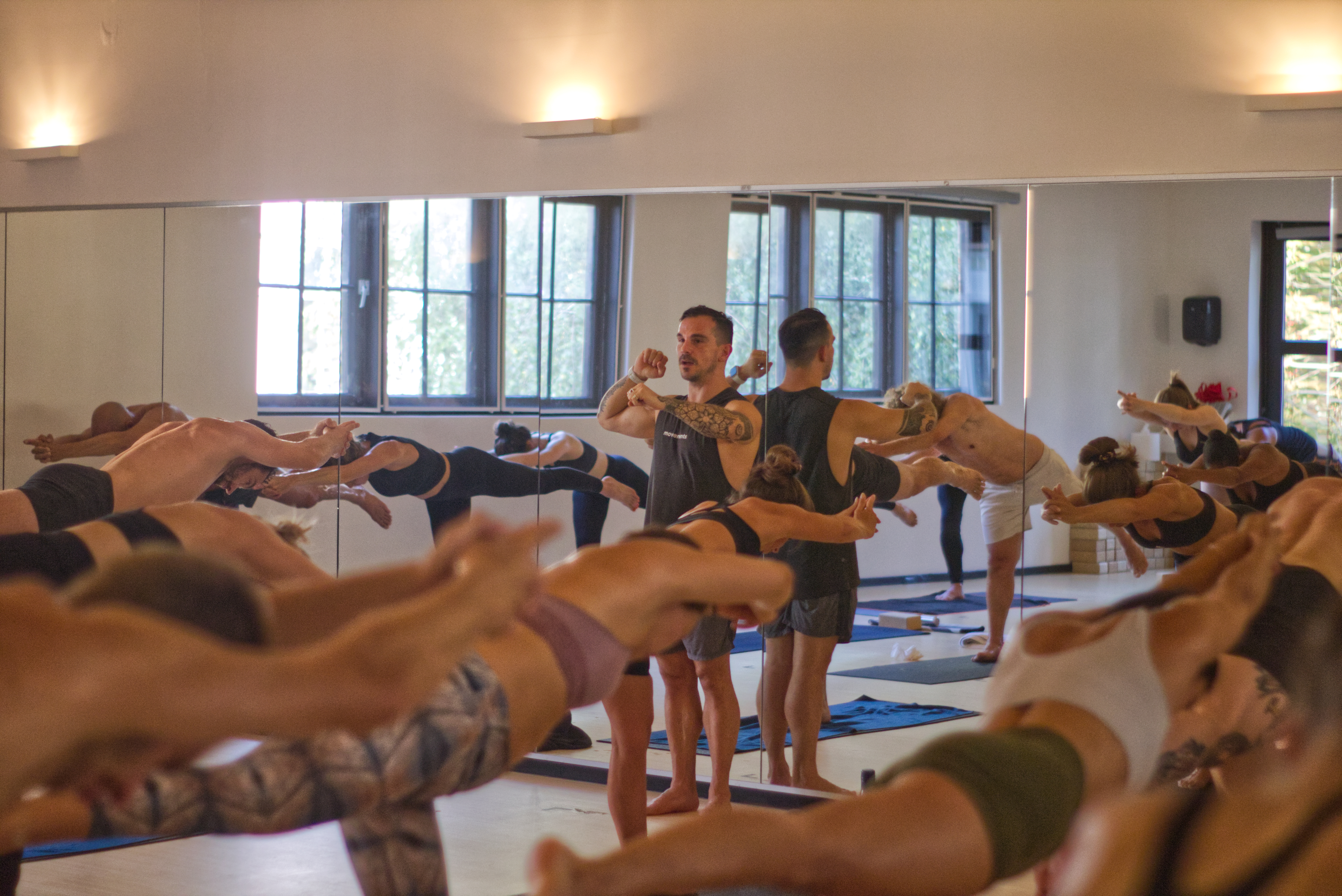
What to Expect from a Yoga Teacher Training Program
Walking into your first day of Yoga Teacher Training feels a bit like opening a door to a world you’ve only glimpsed from the outside. It’s exciting, inspiring, and yes, a little daunting. Understanding what lies ahead can help you meet the experience with confidence and curiosity.
The schedule is often immersive and demanding. Whether you choose an intensive format that condenses the training into a few weeks or a part-time program spread over several months, you’ll spend long hours in the studio (or online) practicing, studying, and discussing. Your body will move more than it ever has before (sometimes for six or more hours a day) so physical endurance becomes as important as mental focus.
The curriculum goes far beyond learning how to sequence a class. You’ll dive deep into anatomy, exploring how muscles, joints, and the nervous system work together to support movement. You’ll study yoga philosophy, uncovering the timeless wisdom that shapes the practice. Ethics will challenge you to think about the responsibility of teaching, while methodology will equip you with the tools to lead with clarity and compassion.
But Yoga Teacher Training isn’t only about lectures and poses, it’s also about connection. Peer learning is woven into every day, as you swap feedback, share experiences, and grow together as a community. Journaling and guided reflection invite you to process not just the material, but also the emotions and insights that surface along the way.
Make no mistake, this is a journey that will challenge you. Fatigue will visit, especially during intensive days. Emotional release may catch you off guard as the practice opens up parts of yourself you’ve kept tucked away. Vulnerability will ask you to step outside your comfort zone, whether it’s speaking in front of a group or admitting when you don’t have all the answers.
Yet, these challenges are part of the transformation. By the end of the program, you’ll realize they weren’t roadblocks, they were the very experiences that shaped you into not just a better practitioner, but a more grounded, compassionate, and confident version of yourself.
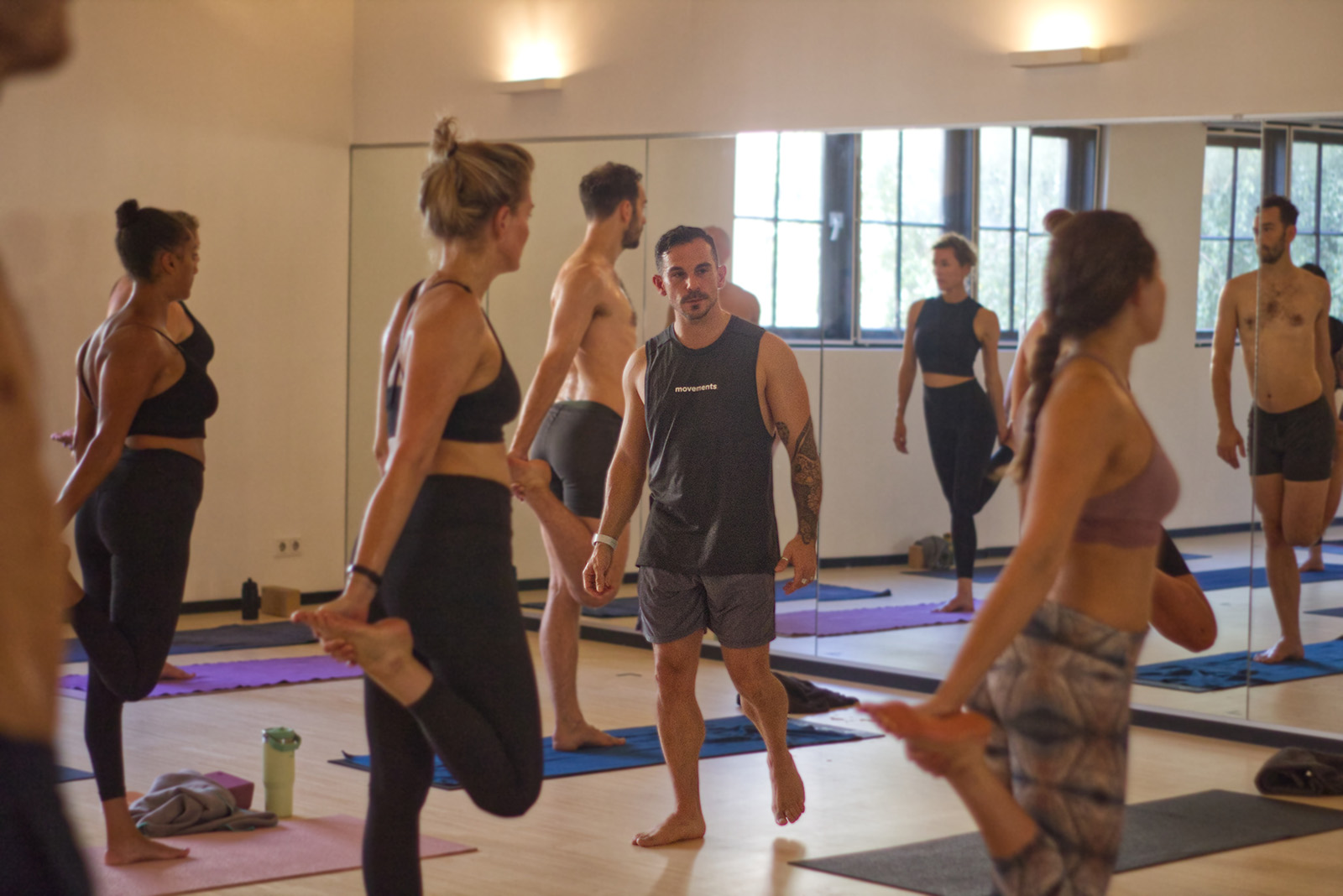
How to Choose the Right Yoga Teacher Training
Choosing a Yoga Teacher Training isn’t just about signing up for the next available course, it’s about finding the program that will shape one of the most important journeys of your life. The right choice will inspire you, challenge you, and equip you with the skills you need. The wrong one can leave you feeling unprepared or disconnected from your purpose.
Start by asking the right questions.
- Where will the training take place, and does that environment inspire you?
Is it a bustling city studio, a serene retreat center, or the comfort of your own home through online learning? - Consider the format—do you thrive in an immersive, intensive setting, or do you prefer a slower pace that lets you balance training with work or family life?
- Look closely at the teachers. Who are they? What’s their experience, their teaching style, and their lineage? The people guiding you will deeply influence not only what you learn, but how you grow.
Certification matters, too. If you plan to teach professionally, you’ll want a program recognized by reputable organizations such as Yoga Alliance. This ensures your training meets global standards and opens the door to teaching opportunities worldwide. On the other hand, if your goal is purely personal growth, accreditation might be less critical, but the quality of the education should never be compromised.
Most importantly, choose a program that aligns with your values and goals. If you’re passionate about mindfulness and gentle practices, a program focused on high-intensity power yoga might not be the best fit. If community and mentorship matter to you, look for training that offers strong post-graduation support.
And don’t ignore the red flags. Beware of programs that promise quick certifications with minimal hours, lack transparency about the curriculum, or have poor student reviews. Steer clear of any training where the teaching team seems more interested in selling to you than investing in your growth.
When you find the right fit, you’ll feel it. It will resonate not just in your mind, but in your gut. This is the training that will not only prepare you to teach yoga, but also help you step fully into the next chapter of your life.
Life After Yoga Teacher Training: What Comes Next?
Graduating from yoga teacher training is a milestone, but it’s also the beginning of a new chapter. The moment you receive your certification, you stand at the edge of countless possibilities, with the tools and confidence to share what you love. The question becomes: where will you take it?
For many, the first step is teaching. This might mean auditioning for a local studio, offering private sessions to friends or colleagues, or starting online classes from the comfort of your own home. Each path comes with its own rhythm—studios offer community and structure, while privates and online formats give you the freedom to shape your schedule and style. The beauty of yoga teaching is that it can be as flexible as the practice itself.
You’ll also have the opportunity to carve out your niche. Perhaps you feel drawn to prenatal yoga, supporting mothers through a transformative season of life. Maybe you’re passionate about restorative yoga, helping students find deep rest in a busy world. Or you might thrive in the dynamic energy of vinyasa, or even explore trauma-informed yoga to help others heal through movement and breath. Your niche isn’t just a specialization, it’s a reflection of who you are and the impact you want to make.
Building a yoga career also means stepping into the role of entrepreneur. You may need to create a simple website, develop a social media presence, or invest in continuing education to keep your skills sharp. Think of these not as chores, but as ways to share your voice and connect with the people who need your teaching the most.
And remember—training doesn’t end when your certificate is framed. The most inspiring teachers are lifelong students. Seek out mentorships with teachers you admire, attend advanced workshops, or join retreats that challenge and renew your perspective. Every class you take, every conversation you have, and every student you meet will continue to shape you as a teacher and as a human being.
Life after yoga teacher training is about momentum, taking the wisdom you’ve gained and letting it flow outward. Whether you teach in a sunlit studio, on a Zoom screen, or under an open sky, your next steps are the beginning of your own ripple effect in the world of yoga.
Testimonials: How Yoga Teacher Training Changed My Life
Sometimes, the best way to understand the power of yoga teacher training is to hear from those who have walked the path themselves. The transformation isn’t just about learning poses, it’s about deep, personal change that touches every part of life.
“I joined YTT thinking I might teach a few classes on the side. What I didn’t expect was how much it would change me. I found a new confidence in my voice, not just in the studio but in every part of my life.”
Anna, 2023 graduate
“Before training, I felt stuck in a job that drained me. YTT gave me the courage to follow my passion. Now, I teach full-time, and I’ve never felt more aligned with my purpose.”
Marco, 2022 graduate
“The community we built during those months was life-changing. We laughed, cried, and supported each other through challenges. I walked away with not just a certificate, but lifelong friends.”
Sophie, 2021 graduate
For many, the emotional shifts are just as profound as the physical training. Graduates often speak about letting go of self-doubt, stepping into leadership, and embracing vulnerability in a safe, supportive environment. Mindset growth is a recurring theme—seeing obstacles as opportunities, cultivating patience, and trusting the process both on and off the mat.
The journey is also deeply shaped by community and mentorship. Learning alongside like-minded individuals creates a bond that continues long after graduation. Guidance from experienced teachers offers a compass not only for teaching yoga, but for navigating life with more clarity and compassion.
Yoga teacher training is more than a course, it’s a doorway. For some, it opens into a new career; for others, it’s the start of a richer, more intentional way of living. In every case, it leaves an imprint that continues to grow, class after class, year after year.
Frequently Asked Questions
How long does it take to become a yoga teacher?
The most common entry-level certification is a 200-hour program, which can take anywhere from a few weeks in an intensive format to several months in a part-time or weekend format. After certification, you can begin teaching right away, although many teachers continue their education with advanced courses.
Is online yoga teacher training valid or recognized?
Yes, many reputable schools now offer online yoga teacher training that meets Yoga Alliance or other accrediting bodies’ standards. However, the quality of programs can vary, so it is important to choose one that is fully accredited, offers live interaction, and provides opportunities for practical teaching experience.
Can I take yoga teacher training purely for personal growth?
Absolutely. Many people join yoga teacher training with no intention of teaching. They choose the program to deepen their practice, learn more about yoga beyond the physical postures, and experience the self-discovery that comes with immersive training.
